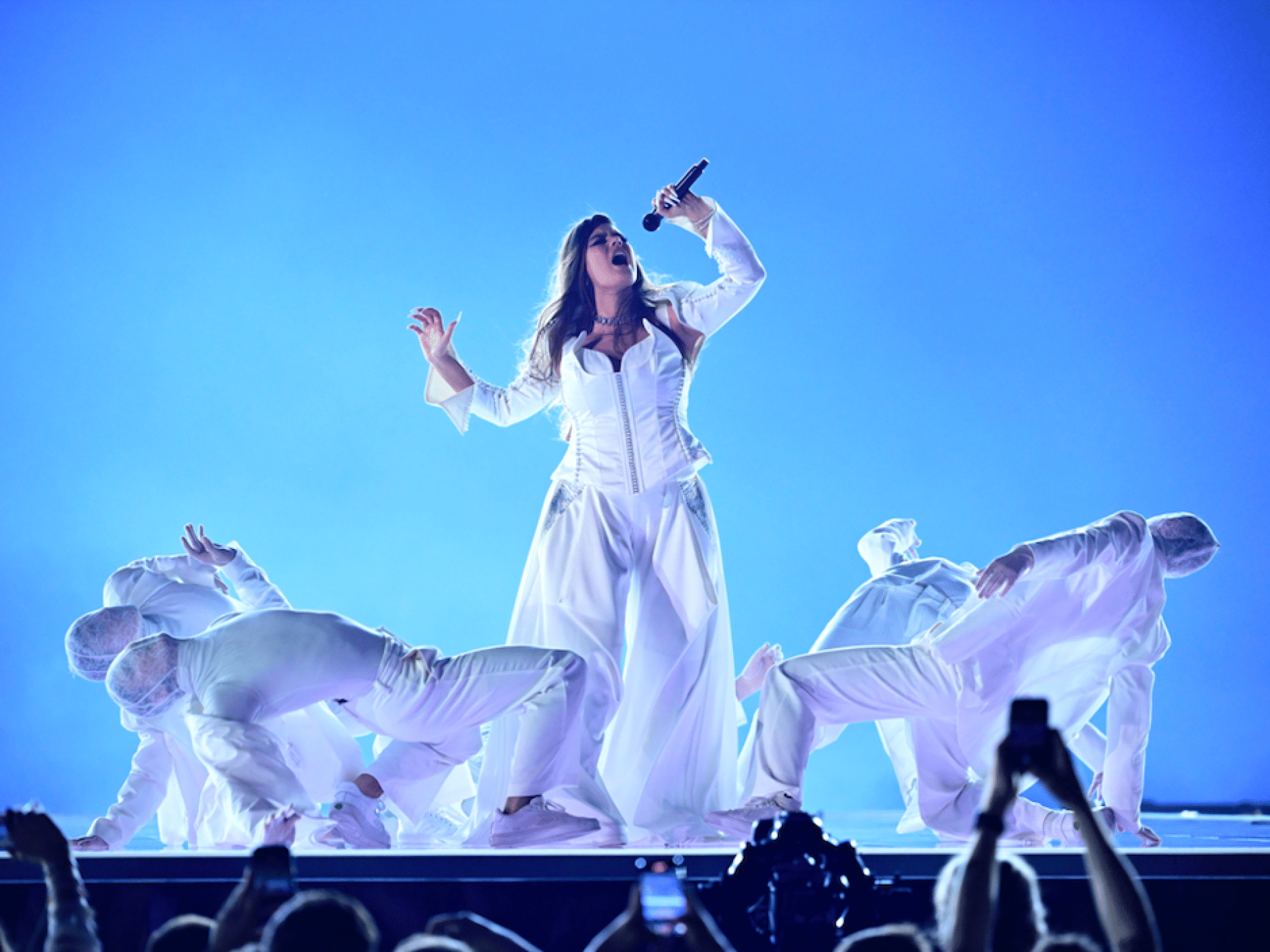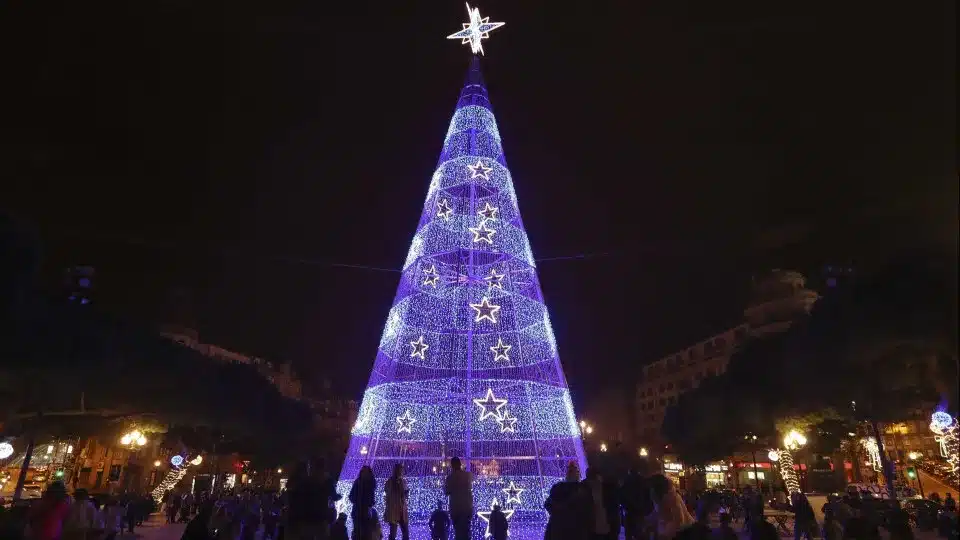The 68th Eurovision Song Contest, in which 37 countries are competing, kicks off today in Malmö, Sweden, with the first semi-final, featuring the song “Grito”, by Iolanda, who is representing Portugal this year.
There are 37 countries taking part in this edition, but only 26 will compete in the final, scheduled for Saturday: ten will be chosen today in the first semi-final and another ten will be selected on Thursday in the second semi-final.
In addition, there are six countries, the so-called ‘Big Five’ (France, Germany, Spain, the United Kingdom and Italy) and the host country that have direct entry to the final.
In the first semi-final of the competition, in addition to Portugal, whose theme will be presented in 14th place, Cyprus, Serbia, Lithuania, Ireland, Ukraine, Poland, Croatia, Iceland, Slovenia, Finland, Moldova, Azerbaijan, Australia and Luxembourg will be competing in order of presentation.
According to the average of several bookmakers, calculated by eurovisionworld.com, which specializes in the contest, Portugal is likely to go through to the final.
However, Portugal is far from being seen as a potential winner, appearing between 30th and 35th place in the bookmakers since Iolanda won the final of the Festival da Canção in March.
In the second semi-final of this year’s Eurovision Song Contest, Malta, Albania, Greece, Switzerland, Czech Republic, Austria, Denmark, Armenia, Latvia, San Marino, Georgia, Belgium, Estonia, Israel, Norway and the Netherlands are competing.
Israel’s participation sparked controversy, with several appeals from European political representatives and artists to the European Broadcasting Union (EBU) to veto Israel’s participation due to the war in the Gaza Strip.
At the end of March, representatives from nine countries, including Portugal, signed a letter calling for an “immediate and lasting ceasefire” in Israel’s war on Palestine and the return of all Israeli hostages.
In the letter, the artists began by saying that they recognize “the privilege of participating in Eurovision”, but that they don’t feel “comfortable remaining silent” in the face of the “current situation in the Occupied Palestinian Territories, particularly in Gaza and Israel”.
In addition to the representative from Portugal, the interpreters from Ireland, Norway, San Marino, Switzerland, the United Kingdom, Denmark, Lithuania and Finland signed this letter.
At the time, the EBU pointed out that the festival is an “apolitical” event. However, in 2022 it was decided to expel Russia from the competition following the invasion of Ukraine.
Meanwhile, on Sunday, Iolanda appeared on the ‘turquoise carpet’ (where the representatives of all the countries parade, thus marking the start of the contest’s live shows) in Malmö, wearing a dress from a Palestinian brand and her nails painted with the pattern of the ‘keffiyeh’, a scarf that is a symbol of Palestinian resistance.
Israel was the first non-European country to be able to take part in the music competition, in 1973, and has won four times, including with transgender singer Dana International in 1998.
Although they aren’t competing, today’s semi-final will feature the themes of Germany, the United Kingdom and Sweden. The representatives of Spain, France and Italy will perform in the second semi-final.
The semi-finals take place today and Thursday and the final on Saturday, but the festival has already been underway for a few days, with participants taking part in rehearsals, press conferences and a series of parallel activities.
Tonight’s semi-final will be shown live on RTP1, RTP International and RTP Play from 20:00 Lisbon time.
Last year Portugal came 23rd in the Eurovision Song Contest with Mimicat and the song “Ai coração”.









